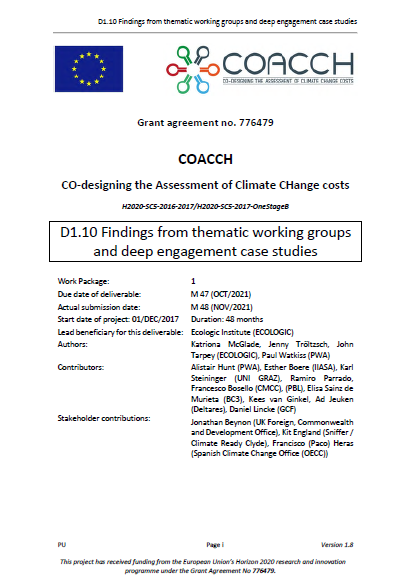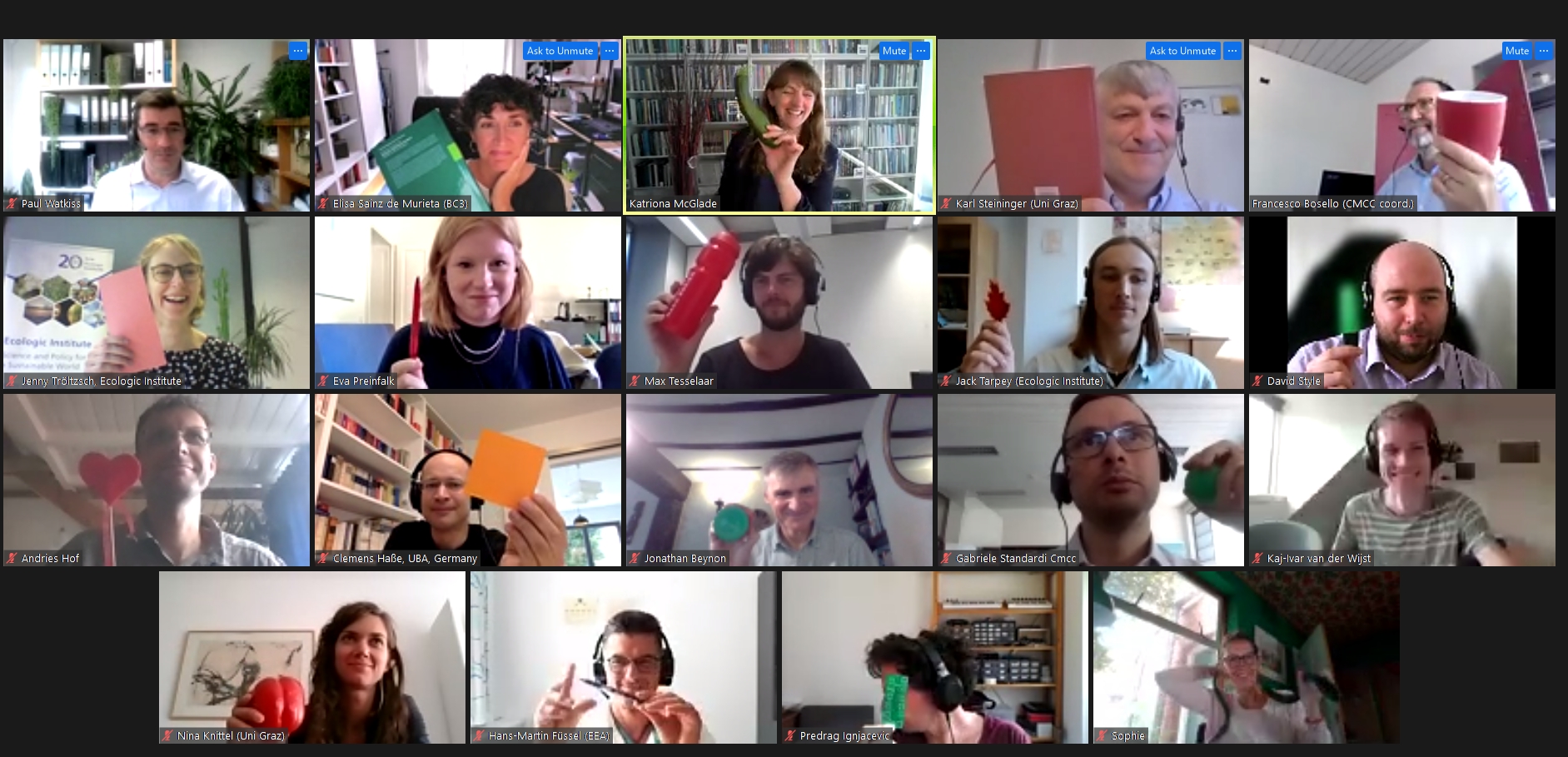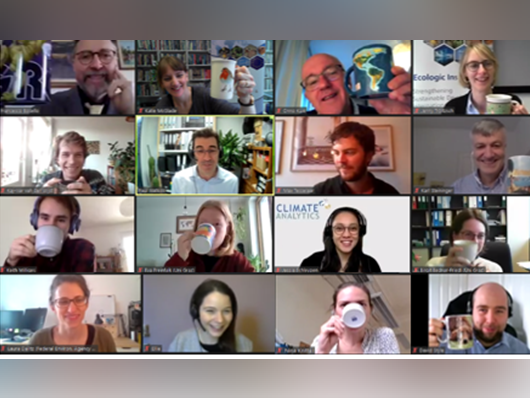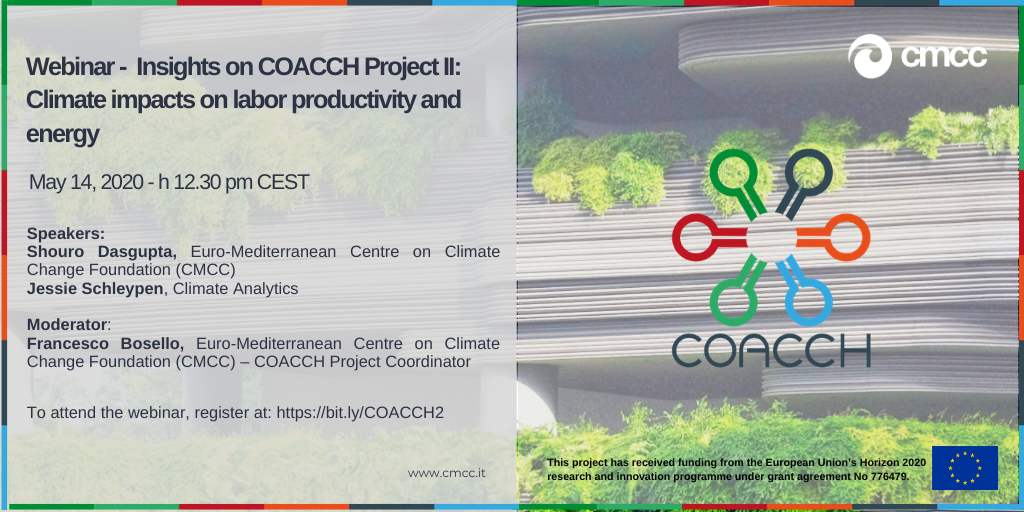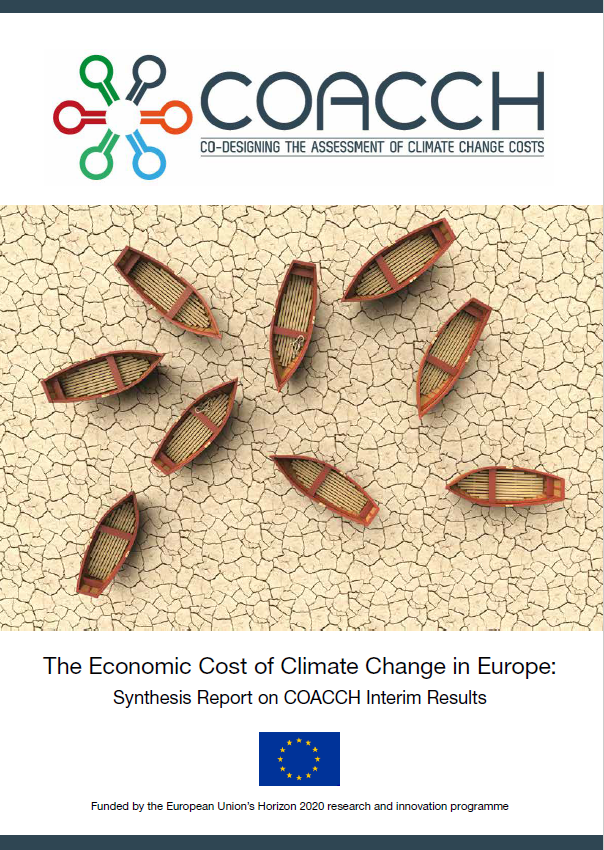A team at Ecologic Institute has produced new best-practice guidelines for co-creating research. The guidelines are based on experiences gathered in the Horizon 2020 project COACCH (Co-designing the Assessment of Climate Change Costs). The authors summarise an in-depth evaluation carried out over the four-year collaborative research process. Based on this evaluation, the Ecologic Institute team highlights lessons learned and proposes step-by-step guidelines for best-practice in co-creation. For each of the five steps, the authors outline relevant activities, provide illustrative examples and give practical implementation guidance for others engaging in collaborative research projects. Crucial elements of success include: having dedicated knowledge brokers to guide collaboration and having a culture of regular, transparent communication.
In recent years, research collaboration has expanded far beyond the confines of scientific partnerships. Co-design, co-creation, and co-production are just some of the terms used to describe engagement between researchers and non-academic partners. The COACCH project applied co-creation as an overarching concept with three main phases (co-design, co-production, co-delivery). Within each phase, workshops, technical discussions and bilateral exchanges allowed for iterative discussions towards the final product development.
COACCH implemented a 'bounded' style of co-creation, focused on creating usable knowledge for decision makers. In this approach, the research team was responsible for developing the structure and topics for discussion with stakeholders, helping to refine the assessments' focus. This 'bounded' approach was, on the one hand, open enough to allow for broad stakeholder and researcher exchange. On the other hand, it was focused enough to ensure that outputs met specific decision-making needs and were taken up in policies such as the EU Climate Adaptation Strategy.
The four-year collaboration between researchers and stakeholders in the COACCH project produced new downscaled assessments of the risks and costs of climate change in Europe. The joint approach represents a major shift from previous European economic cost studies on climate change, which have had limited stakeholder engagement. For many of the modelers this project marked a step-change in the way that may have otherwise approached their activities.
While the evaluation found that co-creation involves considerably more resources than 'traditional' research projects, COACCH has demonstrated that this approach has strong advantages. The most important benefits of co-creation identified by researchers were the improved relevance of research outputs and improved uptake and use of project results.
Further detailed information on the evaluation of the COACCH co-creation process can be found here: D5.8: Best practice for co-designed research and D1.10: Findings from thematic working groups and deep engagement case studies.
